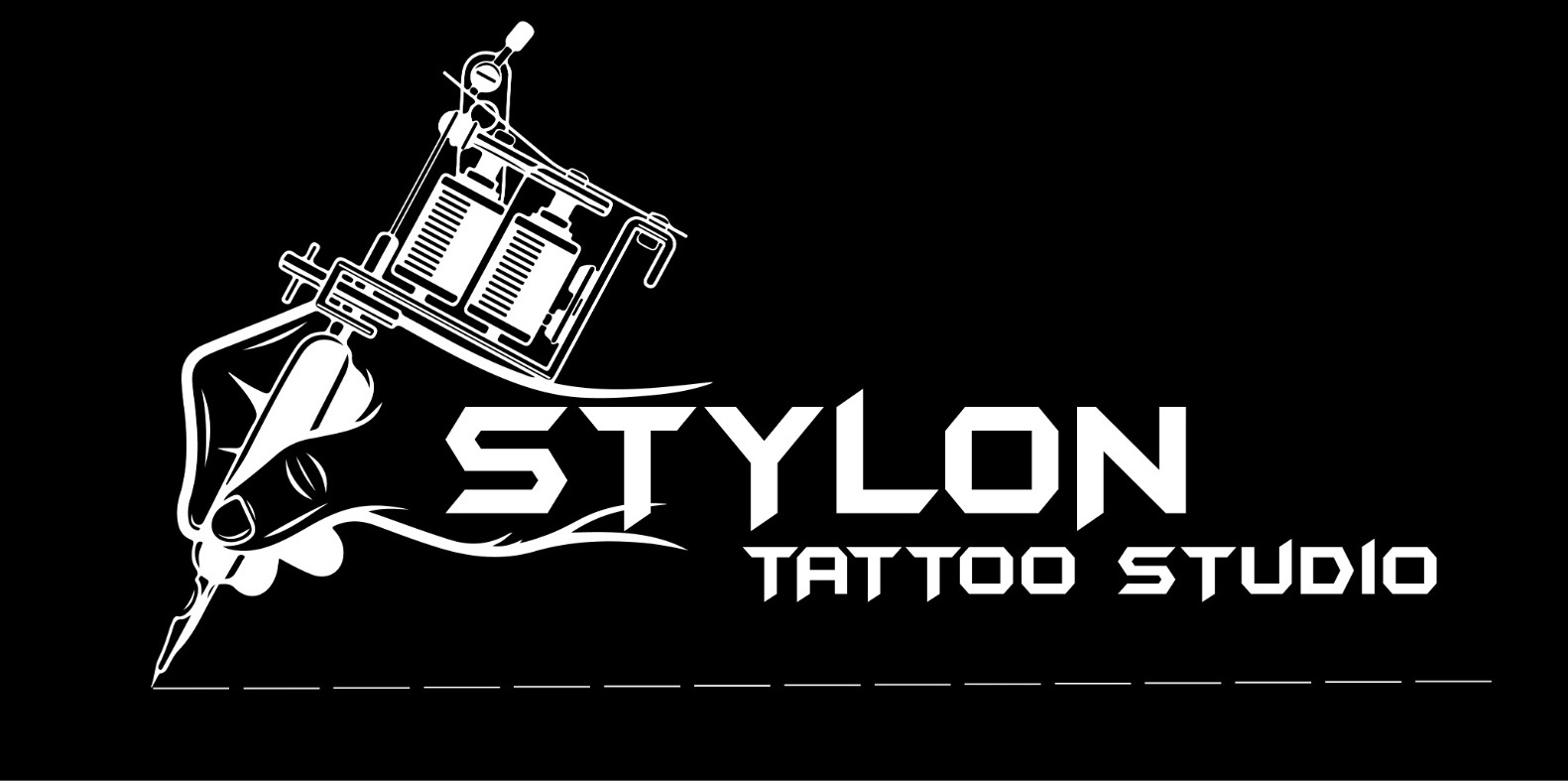
Studio Hygiene
Your safety is our priority. Stylon Tattoo Studio adhere highest standards of cleanliness and hygiene. Our studio is equipped with state-of-the-art sterilization tools and gloves and all artists strictly follow health and safety protocols.
Here are common hygiene processes we followed in stylon tattoo studio:
Sterilization of Equipment:
- All reusable equipment, including needles, tubes, grips used only once per tattoo, tattoo machines keep under wrap while doing tattoo, so it will not get exposed.
- Autoclaves are commonly used for sterilization. They use steam and high pressure to eliminate bacteria, viruses, and other pathogens, as we are using one time products, we have successfully avoided Autoclaves.
- Single-Use Items:
-
- Some items, such as needles and ink cups, tips, are intended for single use only. After each client, these items are disposed of in biohazard containers.
- Disposable Barriers:
-
- At Stylon Tattoo Studio Non-disposable surfaces, such as chairs and tattoo beds, are often covered with disposable barriers, such as plastic wrap or protective sheets. These barriers are changed after each client.
- Hand Hygiene:
-
- Tattoo artists wash their hands thoroughly with antibacterial soap before and after each procedure.
- Hand sanitizer is often used between procedures to maintain cleanliness in Stylon Tattoo Studio.
- Gloves:
-
- Our artists should wear disposable, single-use gloves during the entire tattooing process. These are only used as single use items.
- Surface Disinfection:
-
- All surfaces in our stylon tattoo studio, including workstations, chairs, and countertops, regularly cleaned and disinfected with medical-grade disinfectants.
- Proper Waste Disposal:
-
- Biohazardous waste, such as used needles, gloves, and paper towels, disposed of in designated containers and collected by BMC- Bhubaneswar Municipal Corporation services.
- Skin Preparation:
-
- Before starting the tattooing process, the client’s skin cleaned with an antiseptic solution to reduce the risk of infection.
- Ink Handling:
-
- Tattoo inks poured into single-use ink cups for each client. Any leftover ink in single-use cups discarded efficiently.
- Health and Safety Training:
-
- Tattoo artists undergo thorough training in health and safety protocols, including bloodborne pathogen training, to ensure a comprehensive understanding of potential risks and how to mitigate them.
- Client Consultation and Consent:
-
- Prior to tattooing, artists often conduct a consultation to assess the client’s health, discuss any allergies or pre-existing conditions like sugar level and obtain informed consent.
- Proper Ventilation:
-
- Tattoo studios should have proper ventilation to ensure a fresh and clean air supply, reducing the risk of airborne contaminants.

